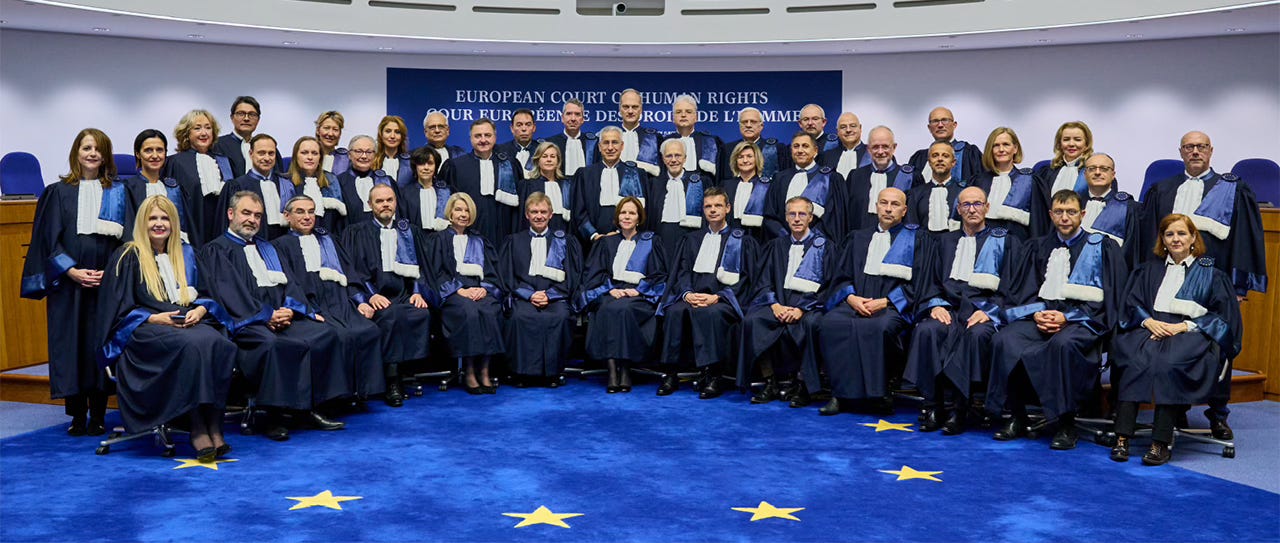Judge needed
But who wants to speak French and work in Strasbourg?
Not enough good people want the job of UK judge at the European Court of Human Rights, the government has had to confess.
In February, the Judicial Appointments Commission announced that it was seeking a replacement for Tim Eicke, whose nine-year term expires next summer. The closing date was in April.
Now the appointments commissi…



